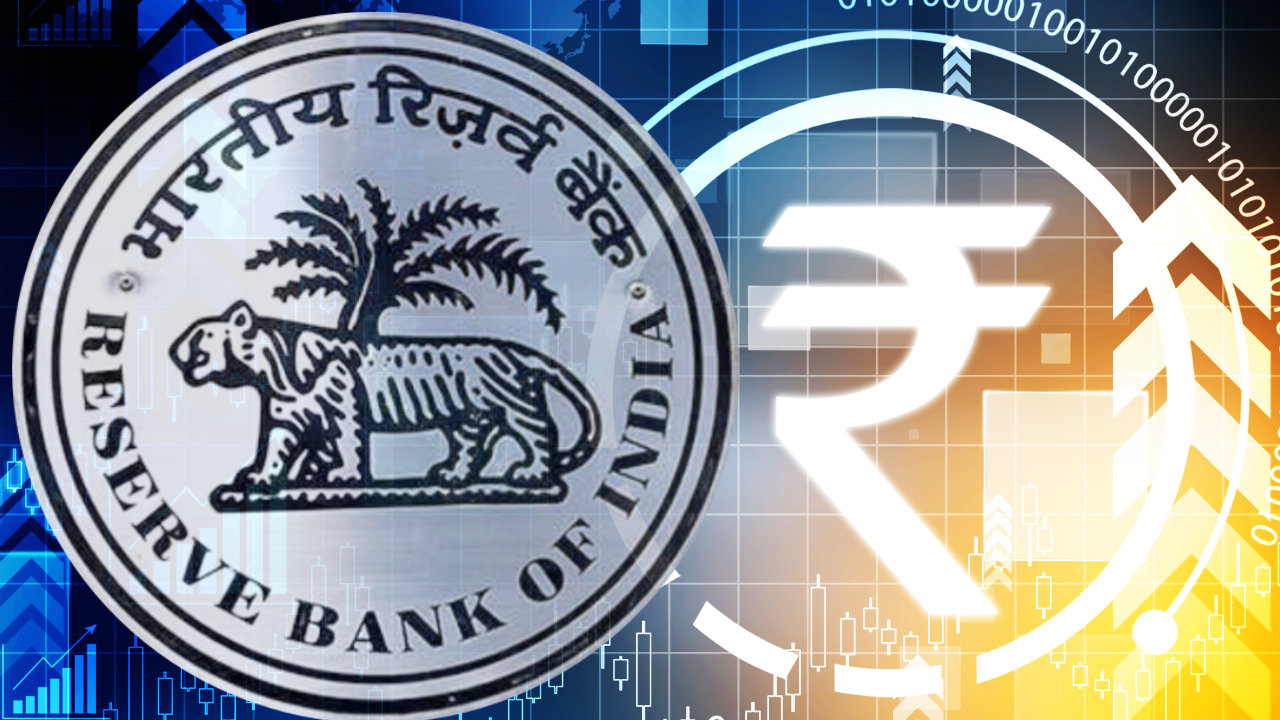
India’s central bank, the Reserve Bank of India (RBI), says a basic central bank digital currency (CBDC) model must be adopted initially and tested comprehensively to minimize the impact on the country’s monetary policy and banking system. The Indian apex bank sees several benefits in launching a digital rupee, including “a potential to enhance the efficiency of cross-border payments.”
RBI Highlights Benefits Of Issuing Digital Currency And How To Launch A CBDC With Minimum Impact
The Reserve Bank of India (RBI) released its “Report on Trend and Progress of Banking in India 2020-21” Tuesday. A section about central bank digital currencies is included in the 248-page document.
“In its basic form, a central bank digital currency (CBDC) provides a safe, robust, and convenient alternative to physical cash,” the Indian central bank described, adding that “Depending on various design choices, it can also assume the complex form of a financial instrument.” The RBI continued:
It is possible to offer users benefits in the form of liquidity and scalability.
The Indian central bank noted that there are “crucial questions” about the design of a central bank digital currency that must be answered before introducing it. For example, one issue is “whether the CBDC would be general purpose and available for retail use (CBDC-R), or would it be for wholesale use (CBDC-W).”
The RBI stressed that “in a country like India, the decision about distribution architecture, i.e., whether CBDC would be issued directly by the central bank or through commercial banks, needs to be carefully weighed.”
Noting that gauging the magnitude of issuance and distribution will help identify “the appropriate underlying technology best suited to handle such operations,” the apex bank detailed:
Because of its dynamic influence on macroeconomic policies making it necessary to first adopt basic models and then test them thoroughly so they have little impact on the monetary and banking systems.
In discussing the role of a central bank digital currency in cross-border transactions, the RBI stated that “Introduction of the CBDC has a potential to enhance the efficiency of cross-border payments and may provide an alternative to correspondent banks, going forward.” The report elaborates:
India’s progress in payment systems will provide a useful backbone to make a state-of-the-art CBDC available to its citizens and financial institutions.
Shaktikanta das, RBI Governor, has made repeated statements that the central bank is concerned about cryptocurrency. In a recent meeting, RBI Governor Shaktikanta Das called for India’s government to ban all cryptocurrency. The RBI stated that even a partial ban would not be effective. The government plans to regulate cryptocurrency assets using the Securities and Exchange Board of India, (SEBI), as its main regulator.
What do you think about the RBI’s comments on CBDC? Comment below to let us know your thoughts about the RBI’s comments on CBDC
Images CreditsShutterstock. Pixabay. Wiki Commons
DisclaimerThis information is provided for educational purposes only. It does not constitute an offer, solicitation, or recommendation of products or services. Bitcoin.com doesn’t offer investment, tax or legal advice. The author and the company are not responsible for any loss or damage caused or alleged caused by the content or use of any goods, services, or information mentioned in the article.